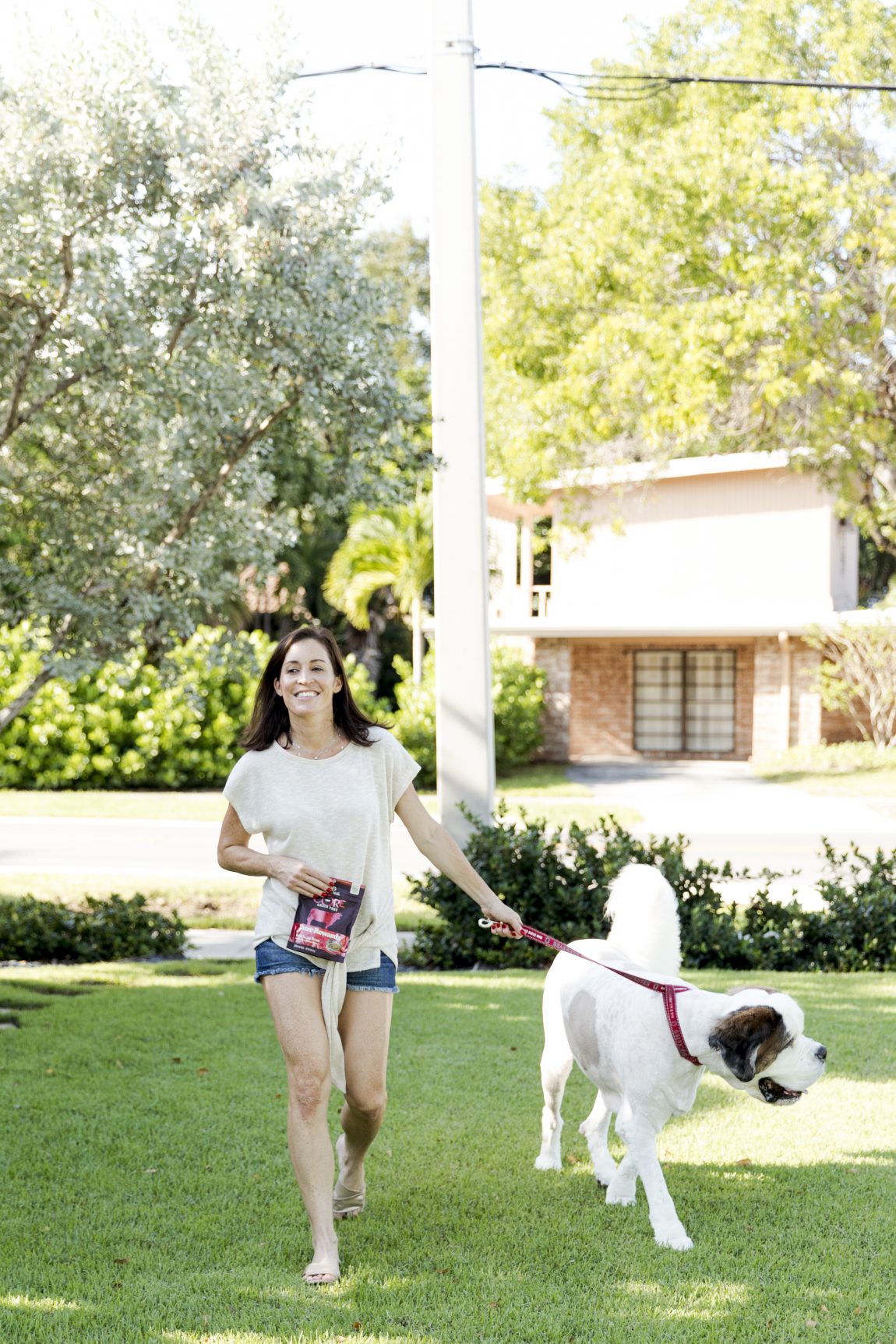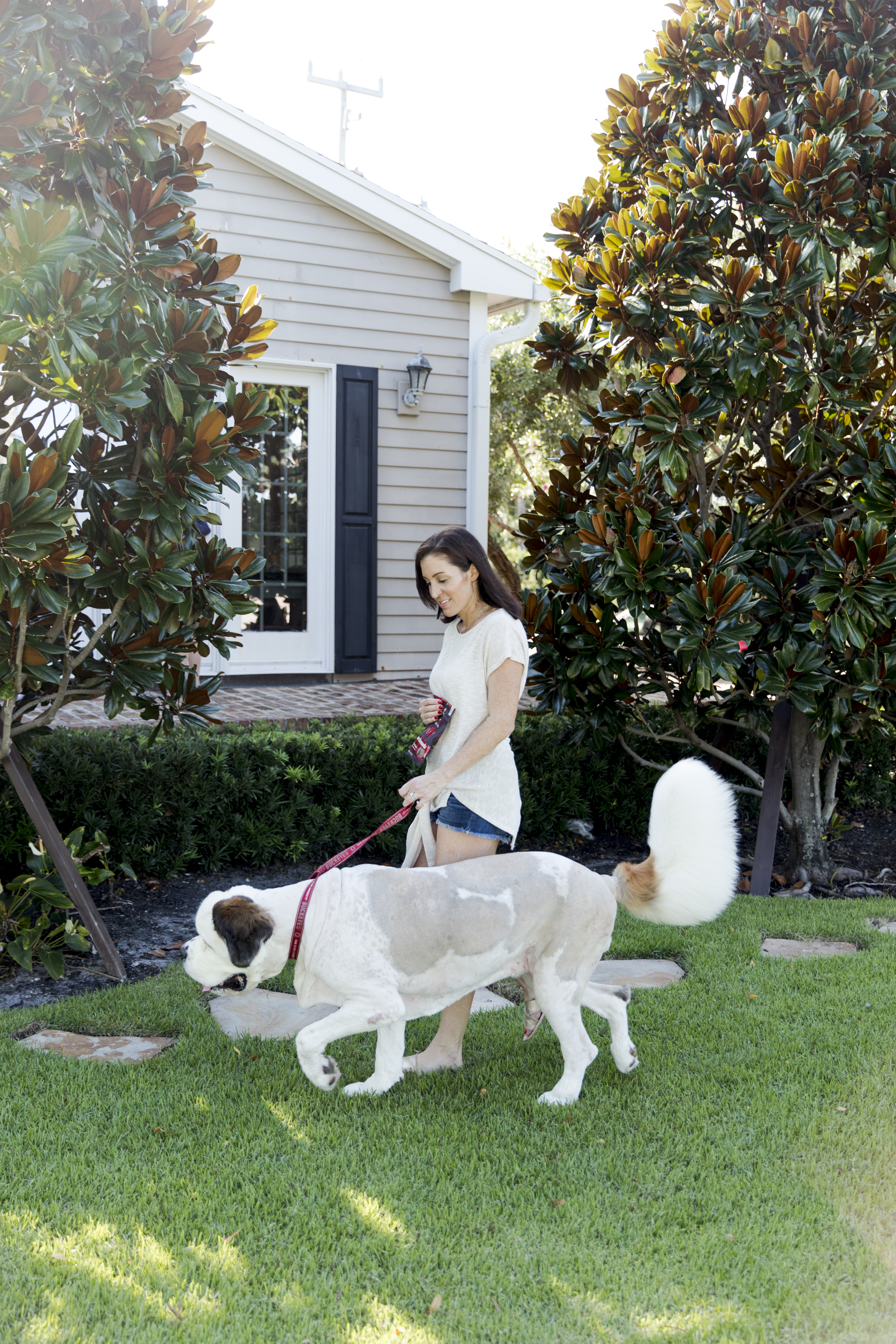
Pet Obesity – Stop the Epidemic
Just like us, our furry friends need to maintain a healthy diet and stay at their recommended weight to live their longest and healthiest lives. With over half of all the pets in the United States being overweight, it is more important than ever to make sure pet parents are informed about their dog’s weight, so they can take the appropriate steps to rectify any health issues that may be present. Pet obesity is an increasing problem. Being a small animal veterinarian, I see so many pets that are overweight and I am always working with pet parents to create an ideal diet and exercise plan for their pets.
A dog’s weight can say a lot about their health. Pet obesity is becoming an epidemic in our country and posing dangerous health concerns for our pets. Just like with us, obesity can lead to many diseases and health concerns such as:
- Type 2 diabetes
- Osteoarthritis
- High blood pressure
- Skin disease
- Thyroid
- Seizures
- Heart and respiratory disease
- Kidney disease
- Some cancers
- Decreased life expectancy (up to 2.5 years)
So, how can we ensure our pets are fit and have them living longer and healthier lives? First, it is important to know what your pet’s ideal body weight should be and when your pet may be overweight. Small animal veterinarians utilize a Body Condition Score (BCS) Chart to assess the proper weight and body condition of a pet. BCS typically ranges from 1-9. Using this scale, I give each pet a score ranging from 1 to 9, with 5 being the ideal body weight. The score allows me to assess your pet’s weight and body condition to formulate a diet and exercise plan that best fits your pet.
When giving a score to your pet, I evaluate your pet’s silhouette from above and from the side focusing on the ribs, spine, hip bones, waist, abdomen, muscle mass, and overall fat. Ideally (a score of 5 out of 9), you should be able to see your pet’s waistline from above. From the side, your pet’s abdomen should appear tucked behind the ribs. You should be able to easily feel your pet’s ribs under a thin layer of fat. Always have your veterinarian evaluate and give your pet a BCS evaluation. Your veterinarian is your best resource for creating a proper diet plan and exercise regimen for your pet.
Now that we all have a better understanding of how your pet should look, perhaps your pet may have to lose some pounds. I always recommend consulting your veterinarian regarding the best, most healthy plan for your pet, so they can achieve a score of 5 out of 9 on the BCS scale!
Our pets depend on us to make the right choices for them and to keep them healthy and strong. Our pets give us so much love, devotion, and loyalty, so let’s give them the benefits of health, happiness, and a long wonderful life!


